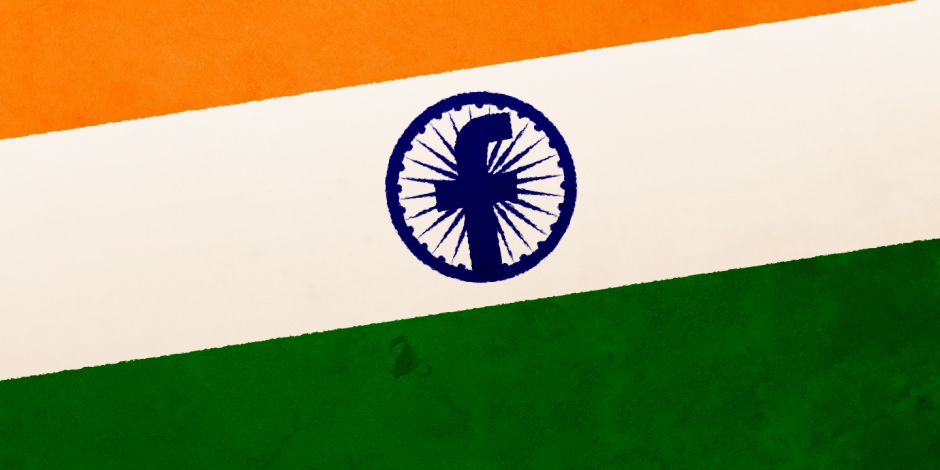Indian Government via the Ministry of Communications wrote a letter to Telecom Operators and Internet Service Providers Association of India on July 18 and asked for their input regarding various possible options to block Facebook, Instagram, WhatsApp, and Telegram as reported by Medianama.
The issue was also raised in a meeting in July where technical inputs were requested from TSPs/ISPs to check the possibility of blocking some specific mobile apps.
Industry Association ASSOCHAM, on August 1st, 2008 sent a comprehensive response to Indian Government and reckoned that this move will tarnish the reputation of India as a growing hub of innovation and technology.
Last year in April, the Indian Government placed a ban on 22 social media apps in Jammu and Kashmir including Twitter, Facebook, WhatsApp, YouTube, Skype, and Snapchat.
Two United Nations Human Rights Experts suggested India to restore social media networks and internet in that region and they felt that these restrictions had a disproportionate impact on fundamental rights of everyone in that region.
India’s Minister for IT Ravi Shankar Prasad has outlined given measures planned to attribute accountability to platforms:
- Intermediaries must have offices in India
- Make sure that malicious messages can be traced to their source of origin
- Locate a grievance officer in India
- Ensure that their platforms are not used to promote hatred, terrorism, mob violence and money laundering
ASSOCHAM wrote in its response:
- The present framework under the IT Act and Telegraph Act have ineffective safeguards and no recourse mechanism. The blocking orders, as a result, are frequently overboard and have unintended consequences and cause major harm to the economy.
- Present content moderation measures are disproportionately provided that platforms to address unlawful content
- Blocks can be circumvented by VPNs
- Economic harms of blocking: A study by ICRIER claimed that apps contributed $20 billion USD to India’s GDP in 2015-2016
- These blocking measures will negatively impact online usage of innocent consumers.
Pakistani Government also banned YouTube in 2008 and Facebook in 2010 for more than a year owing to spreading of anti-Islam and blasphemous material on the platforms. The Government was of the opinion that the social media giants should remove such disturbing content whereas, the social platforms didn’t budge saying that freedom of expression is right of everyone.











